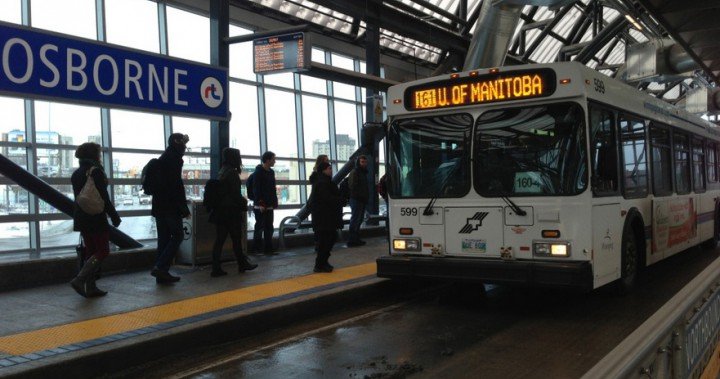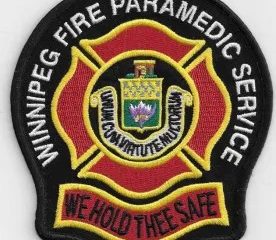General News
Workplace injuries on the rise, as Manitoba unions raise concerns over safety – Winnipeg

Workplace injuries across Winnipeg are going up, becoming a trend that reflects the amount of money used to compensate affected workers.
Last year, the Workers Compensation Board of Manitoba marked a five-year high in the reported number of severe injuries — 3,321 injuries, which is nearly a thousand more compared with data from 2018. At the same time, over $16 million was paid out in board costs last year. Compared with 2021, that’s an increase of $2.6 million.
As for the overall total injury claims, there were 25,632 claims last year and 24,003 in 2021.
Such increase is also prevalent with the City of Winnipeg. Chief administration officer Michael Jack said there could be a number of contributing factors that come into play, such as high COVID-related illnesses.
“Increases in psychological injuries and stress-related injuries are on the rise,” Jack said. “We did have an unfortunate increase in workplace violence and lost time related to that.”
The City of Winnipeg, as an employer, is SAFE Work certified. This designation, offered by the WCB division, offers financial rewards to employers that take proactive steps to prevent workplace injuries.
Concerns over safety and security issues have also been raised by unions like CUPE Local 500. These are issues that the union said compound to an increase in claims.
“The province has really got to step up and take some responsibility here and play a role in trying to address this,” said union president Gord Delbridge. “People are expected to do more and more with less.”
CUPE Local 500 represents over 5,000 public workers.
Derek Hanley, executive vice president of ATU 1505, said safety concerns are a similar concern for transit workers. Since the start of the year, he said there have been 52 injuries involving transit operators.
“More than just physical injuries, our members are dealing with the psycho-social aspect of the constant assaults that they’re facing,” Hanley said. “The constant degradation from the public just coming on the buses, not acknowledging the operators, not paying fares … — it all starts to play with an operator’s psyche.”
Many of the operators, Hanley said, are left to deal with mental health concerns like PTSD as a result. The union is asking for full barriers on buses to protect drivers, as well as plans to hire security officers.
“A lot of it has to do with the social downturn in society right now,” Hanley said.
“We have so many people out there suffering from addiction issues and a lot of times they’re just getting on busses and by no fault of their own … they’re either going after passengers or they’re going after our operators. There need to be things put in place that can limit these interactions from happening.”
— with files from Global’s Teagan Rasche

© 2023 Global News, a division of Corus Entertainment Inc.
Disclaimer: No copyright infringement intended. All rights and credits reserved to respective owner(s).


























